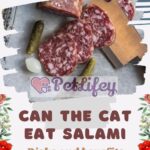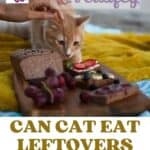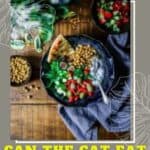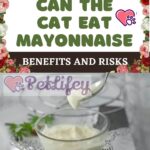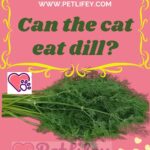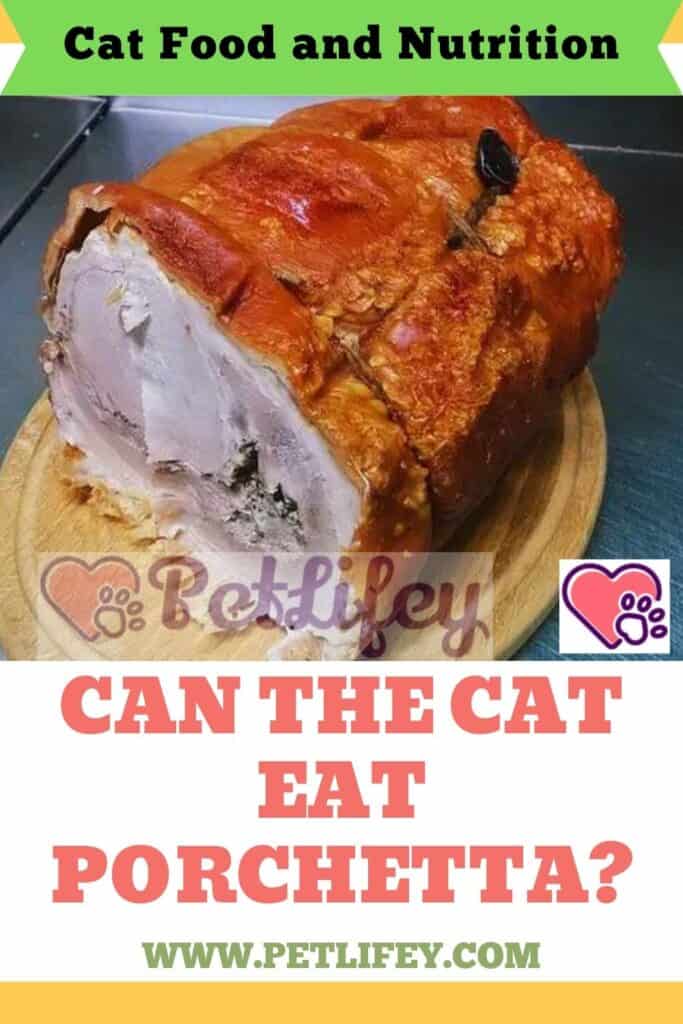
Cat could be able to reward himself by taking the porchetta from our plate. But can he eat it? And what risks does he run?
Well yes, to find a person who has never tasted porchetta: maybe jumped first on the plate and then put in a nice sandwich with various vegetables, it is certainly bread for the eyes. Her perfume fills the house and how could our Kitty pretend nothing has happened? He has smelled the morsel and sneaks up hoping to have some. Would it be risky if he managed to steal a piece from us?
Can we give the cat porchetta?
Before yielding to the sweet eyes of our cat, it is advisable to inform ourselves well about the ingredients used to prepare the porchetta.
We know that the cat is a carnivore and, on this, we could not have doubts because meat is the basis of its diet. But we must keep in mind that porchetta is also a dish rich in spices. Inside there are:
- Pork meat;
- Pepe;
- Garlic;
- Fennel seeds;
- Sale;
- Rosemary;
- Timo;
- Salvia.
We need to inform ourselves about the possibility that some ingredients may be risky for our cat. Let’s not venture to think that “our baby has tasted it too, it can’t hurt the cat” because that might not be the case.
Whenever we have a doubt about what to include in the cat’s diet it would be advisable to call the veterinarian: he will certainly be able to elucidate and reassure us. It is important that the food is cooked, and the porchetta is, but is it good for the cat?
Given that, well cooked to ward off trichinosis, the cat can eat pork, certainly too many spices would not be good for his delicate gastrointestinal tract.
Pepper is undoubtedly not essential for the cat’s diet and there would be many risks if he ate it: a peppercorn would not cause health problems to the animal, on the contrary, thanks to piperine, its digestion could improve .
But large quantities of this spice would cause inflammation and irritation to the gastrointestinal tract, translated into gastritis, pancreatitis and liver problems: the cat would have vomiting and diarrhea.
Garlic is toxic for the cat, its ingestion would cause anemia in the animal because there would be a sudden decrease in erythrocytes (red blood cells): pallor in the nose and mouth, vomiting, diarrhea, tachycardia and inappetence would be the debilitating symptoms.
Fennel seeds would only bring benefits to the cat, but in the form of an infusion: they stimulate appetite, facilitate digestion and act as an antidispeptic counteracting those annoying symptoms of intestinal gas accumulation.
We know that salt is absolutely a dangerous food for our cat: the high concentration of plasma sodium would cause, in addition to vomiting and diarrhea, the urge to drink a lot. Although he can drink, however, the cat will be dehydrated.
This is because sodium retains water in the tissues and does not send it into the circulation: hypernatremia can cause involuntary muscle contractions and convulsions up to coma and death.
Rosemary would have a beneficial function for cat: the heart would also benefit, in addition to all the cells for its antioxidant effect. If it were added in small doses to the cat’s meal it would help keep the intestine free from gas and enjoy its astringent effect.
The thyme contained in the bacon would not cause any harm to the cat, on the contrary, it would be suitable if the cat took it especially when it had problems with the urinary or respiratory tract: thymol has many beneficial properties but in large quantities also the adverse effects would be many and risky for cat.
Sage is one of those herbs with anti – inflammatory power and more: it is able to exert an antifungal action and also promote digestion.
Based on what has been analyzed, porchetta is not a suitable food for cats: it also contains a lot of fats and, in an attempt to please the cat that craves a bite, we could end up risking damaging it.
Recommendations
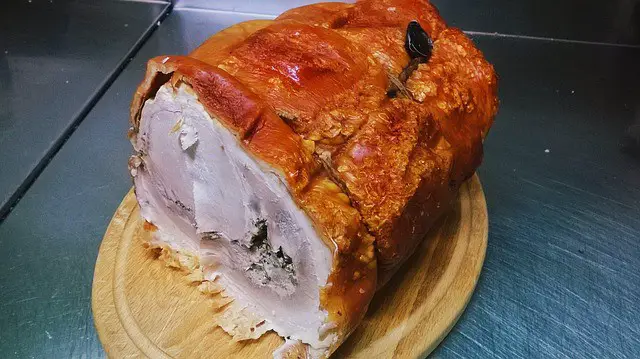
The cat has its own metabolism and its food needs: many digestive enzymes that we have the cat does not have them and absolutely could not digest many foods included in our diet.
As succulent as the porchetta is, it is a complex food for the cat’s organism: especially if cat suffered from obesity we would contribute to worsening his condition and certainly we would not do him any good.
Sometimes it may happen that, while we are cooking at home, the cat takes advantage of a moment of distraction to do it by himself and reward himself: if we see him then tired, which often has a sense of nausea or diarrhea it could mean that he has eaten something not suitable for he.
Cats cannot eat what we eat, some foods are harmful to cat and we cannot risk that he is ill by thinking of doing him good.
He does not struggle too much to think that our refusal could cause him to get depressed and therefore we feel almost obliged to give in to his request: the cat only follows his instinct, sees food and simply wants to eat it.
We have to know what is good for cats to eat and what is not; do not venture to feed him food if we are not sure he can eat them: who knows more than us is always the veterinarian and it is he who will dispel any doubts.

